When a person is having a hard time repaying their debt, they can face harassment from debt collectors. It may come in many different forms and the Fair Debt Collection Practices Act (FDCPA) prohibits debt collectors from harassing, oppressing or abusing people who owe debt.
Harassment may include repeated phone calls intended to annoy or harass the person answering the phone, using inappropriate language, making threats of violence, publishing a list of people who don’t pay their debt and calls where the debt collector does not identify him or herself.
False, deceptive or misleading practices
The FDCPA also states that debt collectors may not use false, deceptive or misleading practices. This includes providing misrepresentations about the amount the person owes.
Debt collectors cannot falsely claim that they are attorneys or government representatives, that the debtor has committed a crime if they haven’t paid the debt, state that they work for a credit reporting company or that they will arrest the debtor. They also cannot state that they will garnish the debtor’s wages or bank accounts, unless they are permitted to do so under the law.
Documentation
It’s helpful for debtors to keep a copy of all written communication with a debt collector, including information they submit to the collector. Also, the debtor can document the dates and times of conversations and notes about any disputes that arise.
Debtors have a right to sue debt collectors for using an unfair practice. If the debtor is successful, the debt collector may be responsible for the debtor’s attorney fees and damages.
An experienced attorney can help debtors who are subjected to debt collector harassment and false claims.


